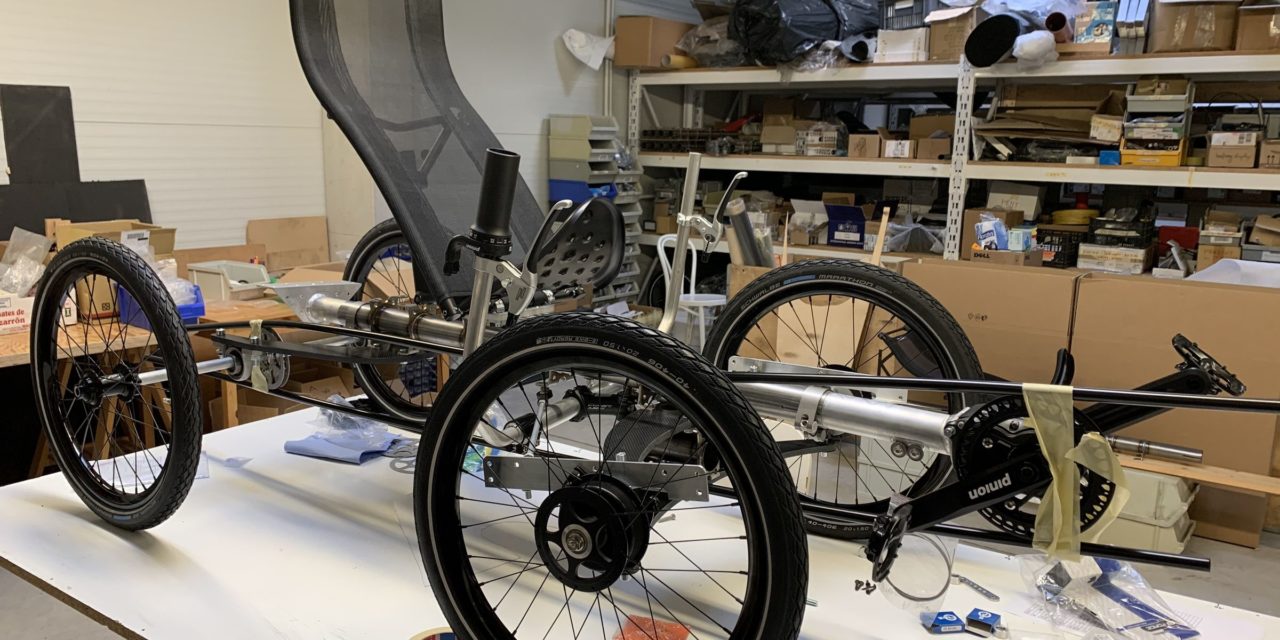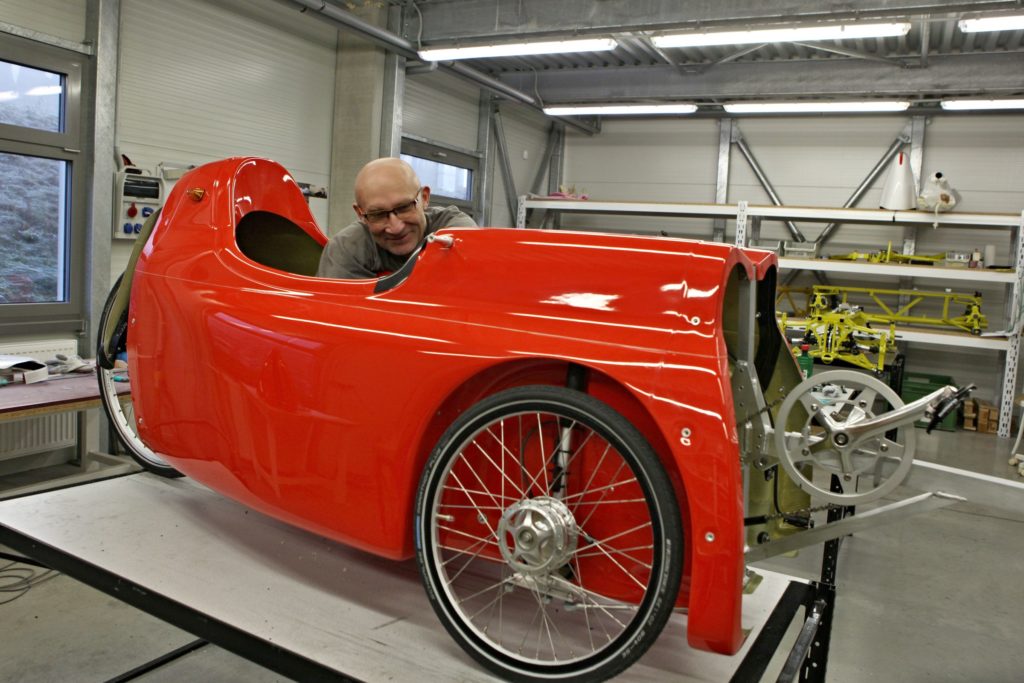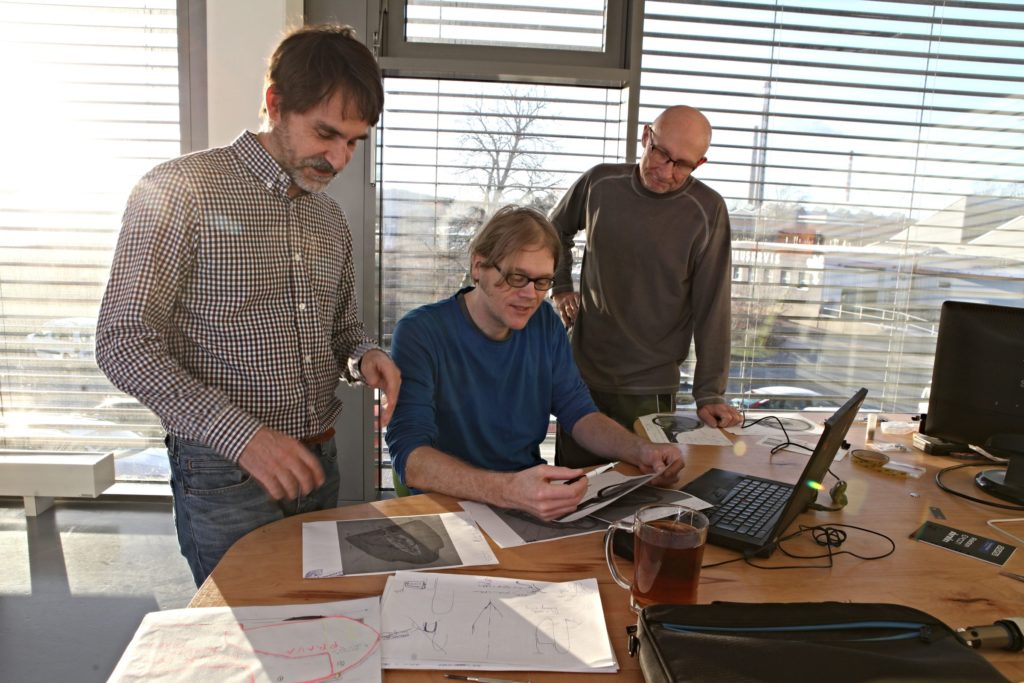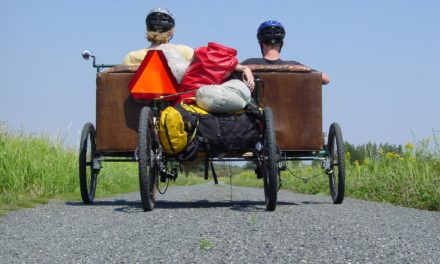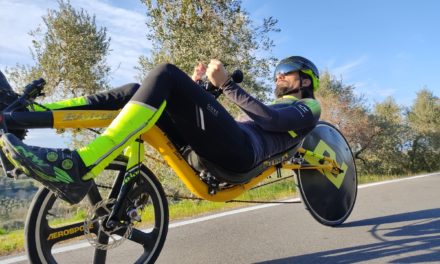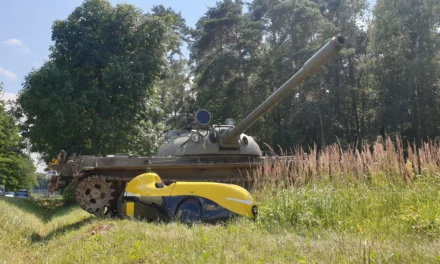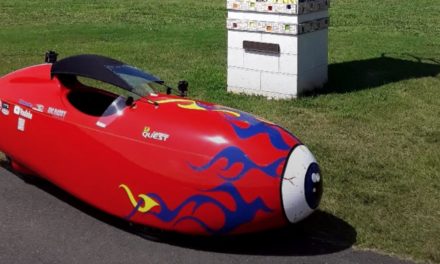Many of you certainly know the WAW velomobile, which has its origins in Belgium. But do you know that it is manufactured in Brno, Czech Republic today? It has been built there in the Katanga company, which, among other things, also participates in the production of a very interesting electric cargo quad Velove Armadillo and is currently also launching a very promising quad they call Pony4 . They will produce it in cooperation with two other German companies. The Flevó bike and Velomo. Katanga was founded by the Belgian Stephane Boving, with whom I talked about his beginning in the Czech Republic and the difference between the production of compound feed for animals and building bicycles.
How did a Belgian settle permanently in the Czech Republic?
I worked for an international company in Africa and wanted to return to Europe after five years. They offered me a place in the Czech Republic where they wanted to start a feed compounder company. That was in 1996.
How did you get into the production of velomobiles then?
I had worked in that company for a long time and I was getting bored there because it was already part of a larger international corporation and I was looking for something else. I’ve been dreaming about a vehicle in which we could go on vacation and which would be clean for a long time. Either pedal-powered or powered by electricity. And then when I discovered that there was something like a velomobile, and when I no longer saw the future in the work I was doing, I decided to quit and start manufacturing velomobiles. That was my beginning.
In the beginning, I thought that I have a lot of experience in production automation and that I would apply it in the velomobile industry as well, but they are so specific that it’s impossible.
Where do you see the main difference between running a large feed compounder and a small bicycle company? Was there anything that really surprised you?
It’s a completely different industry. That’s clear. The biggest difference was that the market for compound feeds was basically domestic. They are bulky products that cannot be imported far. But we export velomobiles all over the world. The second big difference is that in compound feeds we tried our best to automate production, which is not possible with velomobiles. They are all handmade. In the beginning, I thought that I have a lot of experience in production automation and that I would apply it in the velomobile industry as well, but they are so specific that it’s impossible. It’s about the lowest possible weight and about the correct lamination of the body, that I haven’t found any automatic process in it yet.
You have read about 20% of the article
If you want to read the full article, you have to be a Premium Member.
⭐️ Become a Premium Member! ⭐️
Are you Premium Member? Just Log-in!

